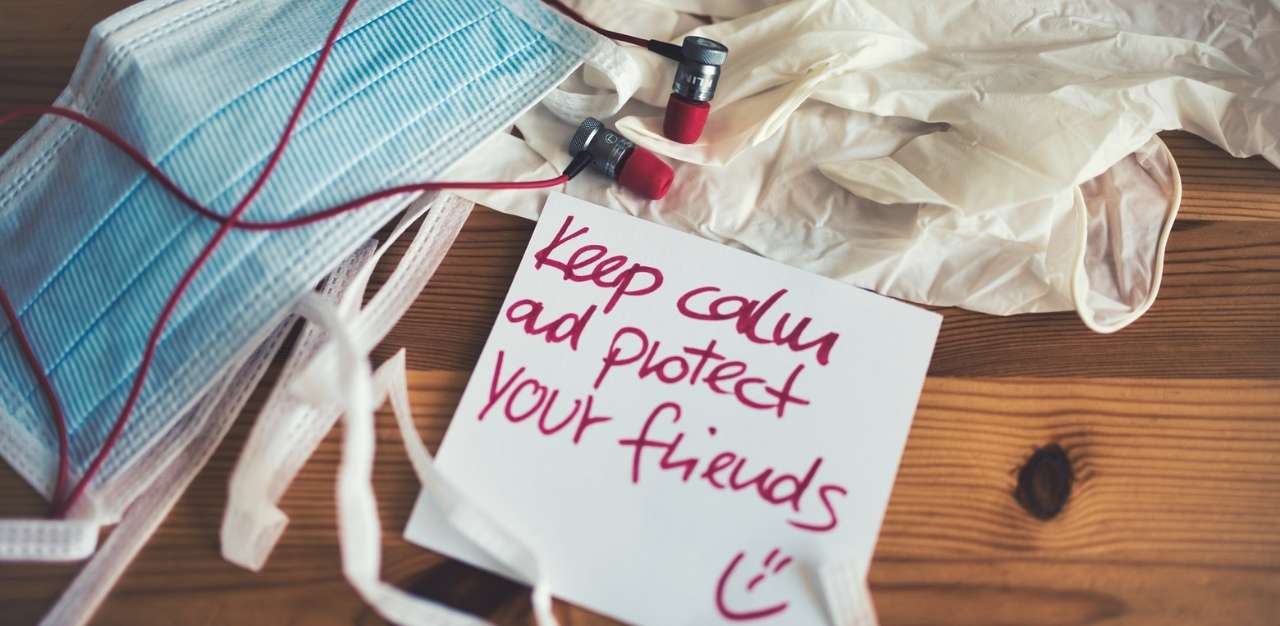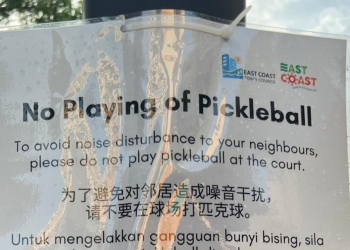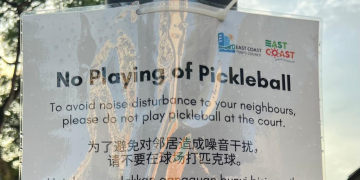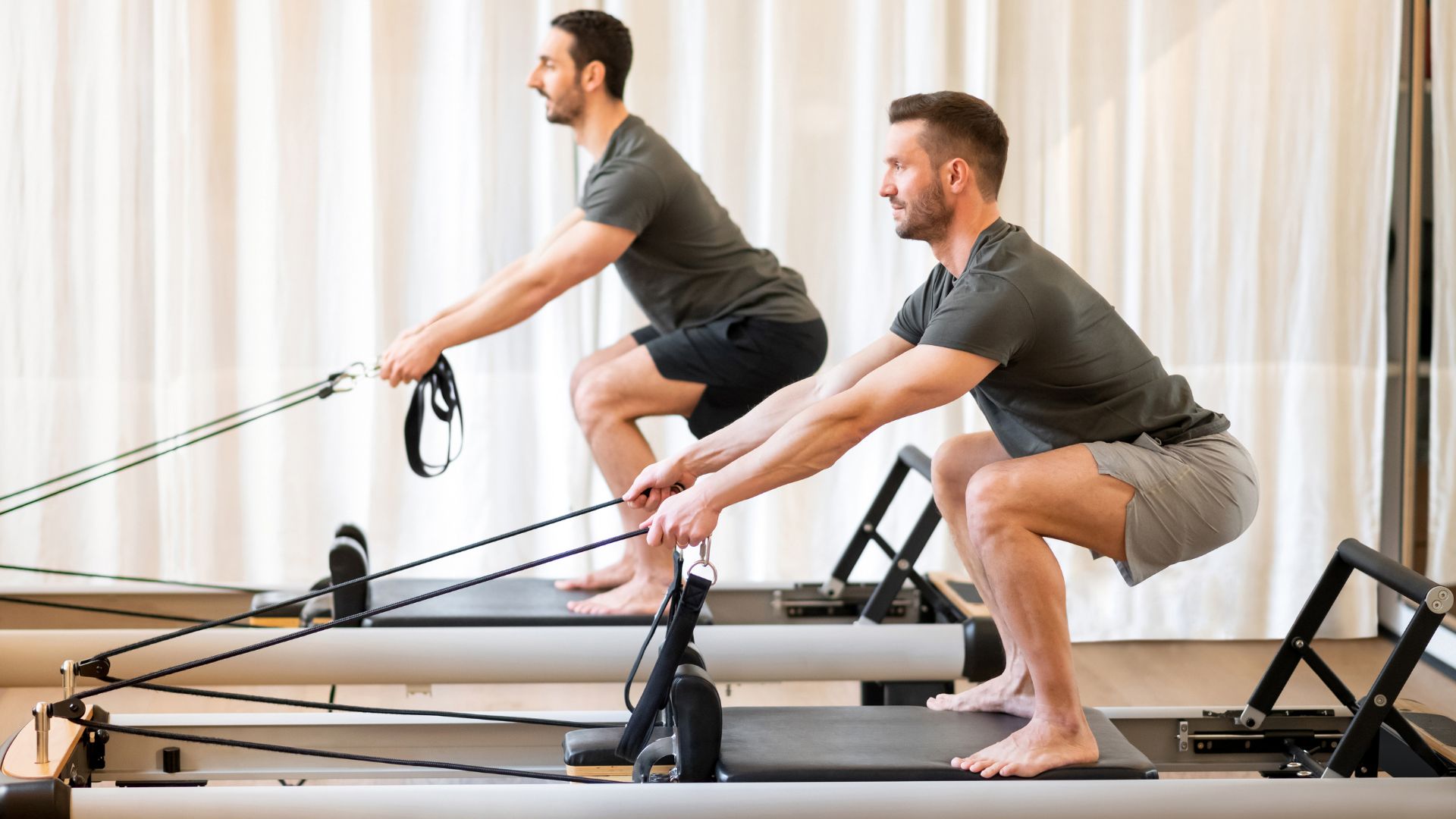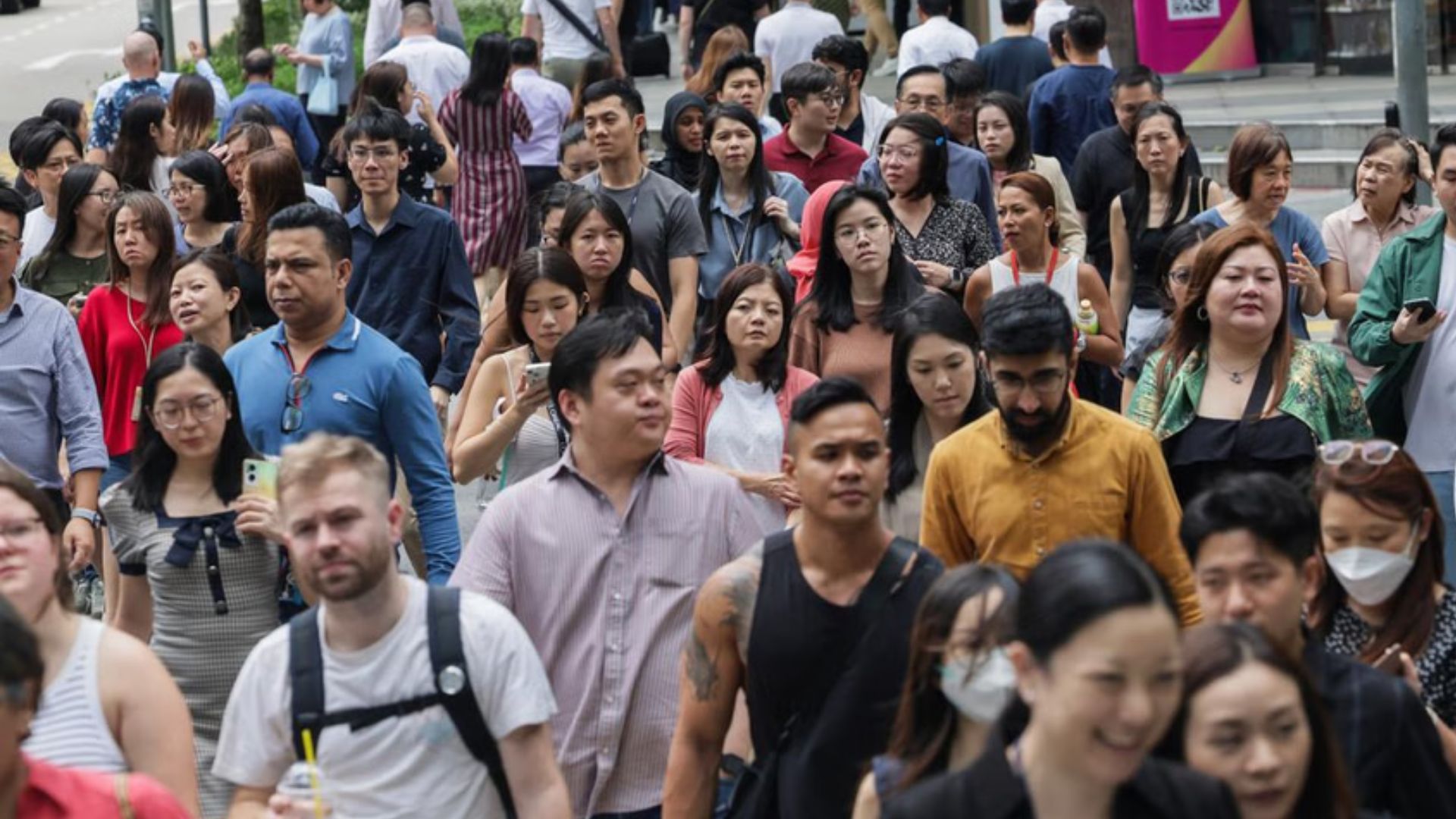One year on, we’ve grown used to a masked society, bottles of hand sanitiser at every corner, and regular check-ins at malls, offices, and well, everywhere really.
While safety measures such as mandatory SafeEntry and TraceTogether check-ins are still very much in place, Phase 3 in Singapore has enabled us to breathe a little and reconnect with our loved ones – albeit in limited numbers. Households are now allowed to have up to eight visitors a day; more businesses across varying sectors have been allowed to operate.
With these changes, it’s little wonder that societal attitudes have relaxed too. The pandemic has changed how we operate and live, and we’re navigating a new normal. But are we really close to an end of the pandemic? We may be drawing nearer to the finishing line, but we can’t get complacent.
Low risk doesn’t mean no risk
While case numbers have been decreasing, with the virus being more contained, it’s good to remember that low risk doesn’t mean no risk, and it’s important not to take the lowered number of cases for granted.
Returning to our pre-pandemic habits is tempting, but can we really afford to? Short answer: no.
Fulfilling our desire to connect with others may bring temporary gratification, but doing so could lead to a higher risk of infection, and affect our ability to spend time with our loved ones in the long run.
Being too complacent
Perhaps our response to COVID-19 can be explained by the phenomenon of remote misses.
The concept of remote misses is relatively novel – Canadian psychologist John T. MacCurdy measured the post-World War II London population’s response to major traumatic events, dividing the population into three segments:
- Direct hits: those who bear the brunt of direct injury resulting in death and disability, who are unable to share their experiences or inculcate a sense of fear;
- Near misses: those who are privy to others’ death, or who are physically impacted but not incapacitated; and
- Remote misses: those who witness the traumatic incident and its consequences, but do not experience physical or emotional injury.
Research suggests that the shift in attitude towards the pandemic, from “one of “fear” to one that has “faced its fears”, has resulted in a deceptive sense of security and “feelings of invulnerability”, which can in turn lead to carelessness and complacency – an approach that can be fatal for the pandemic.
Why we should stay cautious
Vaccines are being rolled out. Community cases have been decreasing. Yet we can’t throw caution to the wind. Even if that means quieter celebrations, or e-versions of yu sheng greetings.
The pandemic may be under control in Singapore but there’s still plenty to overcome – from the fear of reinfection to newer and more infectious strains of COVID-19 – and we shouldn’t take our current stability for granted.
Our return to pre-pandemic times may be later than we think. US experts such as physician Dr Anthony Fauci have suggested 70 to 85 per cent of the population needs to be vaccinated for things to return to normal, and Bloomberg’s development of a Vaccine Tracker, which monitors the largest number of COVID-19 vaccines administered globally, shows that it would take the world seven years to return to normal at the current rate of vaccination.
To help overcome this, being socially conscious is key. We have a responsibility to stay cautious as our actions affect others, from those in developing countries who lack adequate medical resources, to countries struggling to contain the virus.
Close to home, Malaysia has just extended its Movement Control Order (MCO) to 4 March for a number of states, including Johor, which is nearest to Singapore – a timely reminder of our very own lockdown last year, and the progress we’ve worked hard to achieve since then.
Hope for the future
Holding on to hope is natural – to want to be distracted from our workforce’s struggles, and the socioeconomic impact of the pandemic. Doing so feels easy, something we’re entitled to, almost – we’ve held our breath for so long that it feels right to be able to relax, now that the number of cases is easing. It’s imperative, however, that we don’t let this hope derail our year-long effort to curb the pandemic’s spread.
For all that we’ve experienced with the pandemic, we’ve also learnt the value of unity, with local initiatives such as Wares Mutual Aid reminding us of the power of community. Globally, more people are searching for ways to donate, rather than save. We’ve risen to the challenges the pandemic’s thrown at us and achieved rapid technological advancement – and used it to help others.
Slowly but surely, we’re working our way to recovery. Let’s just hold on a little while longer.
Join the conversations on THG’s Facebook and Instagram, and get the latest updates via Telegram.
